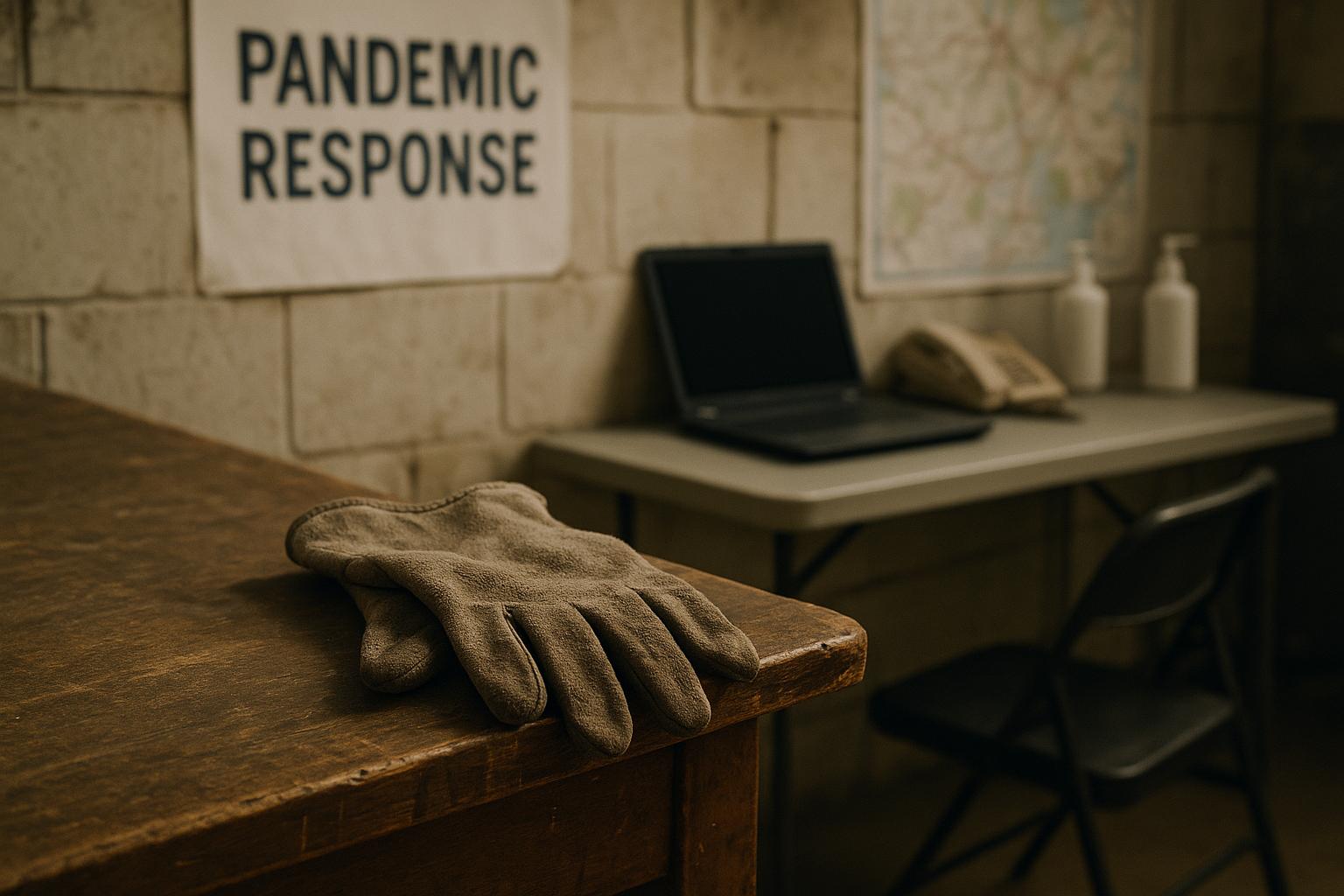The International Health Regulations (IHR) have undergone significant revisions, coming into force on 19 September 2025, marking a pivotal development in global health governance. These amendments, shaped by the hard-earned lessons of the COVID-19 pandemic, underscore a renewed commitment among 196 states parties—including all WHO member states plus Liechtenstein and the Vatican—to bolster cooperative frameworks for managing cross-border health threats more effectively. The IHR, historically rooted in 19th-century quarantine practices and subsequently updated in 1951, 1969, and after the SARS outbreak in 2005, provide binding global rules on how countries should respond collectively while balancing health protections with minimal disruption to trade and travel.
One of the most notable innovations in the updated regulations is the creation of a new alert level—the “pandemic emergency.” This designation surpasses the previous Public Health Emergency of International Concern (PHEIC) status, which was used during crises such as Ebola and COVID-19. The pandemic emergency category triggers earlier, more decisive coordination among nations when a communicable disease spreads widely across multiple states, overwhelms health systems, and disrupts societies and economies. To enhance national coordination, the amendments also mandate the establishment of National IHR Authorities in each country, tasked with overseeing implementation and liaising with the WHO. This aims to close the long-standing gap between global policy-making and on-the-ground action.
A key theme introduced in these reforms is a focus on equity and access to essential health products during emergencies. The revised IHR commit member states to improve access to vaccines, diagnostics, treatments, and financing, especially for developing countries that often lack the core health capacities required by the IHR framework. The creation of a Coordinating Financial Mechanism, designed to pool resources and channel them based on recipient needs rather than donor priorities, represents a departure from previous financial arrangements. This mechanism is intended to more effectively address the historic inequities exposed during outbreaks like Ebola, Mpox, and COVID-19, when Global South countries struggled to secure timely access to critical health interventions.
However, these advancements come with significant caveats. The revised regulations do not grant the WHO enforcement powers, and member states retain sovereign authority over health policy decisions, including lockdowns and travel restrictions. This delicate balance between global coordination and national autonomy has long been a source of tension. Indeed, not all countries have embraced the amendments; eleven of the 196 parties have rejected the 2024 changes, including Slovakia, which formally disassociated, and others such as New Zealand, Russia, Iran, Argentina, Switzerland, and the Holy See, citing sovereignty concerns. The United States, under its current policy, has withdrawn from WHO membership and ceased funding the agency, reflecting broader unease about potential overreach in international health governance. U.S. officials argued that the amendments were formulated without adequate public input and feared expanding WHO authority could infringe on national sovereignty.
Alongside these regulatory revisions, the WHO is engaged in pioneering a global pandemic treaty aimed at further improving international collaboration and equity in pandemic preparedness and response. Expected to conclude negotiations by 2025, this treaty includes contentious provisions on Pathogen Access and Benefit Sharing (PABS), which seek to ensure that countries and companies providing rapid access to pathogens also offer fair distribution of resulting vaccines and treatments. The treaty's fate remains uncertain amid resistance from pharmaceutical interests and some governments wary of binding commitments, compounded by ongoing budgetary constraints facing the WHO.
Ultimately, while the updated International Health Regulations provide a strengthened framework to confront future health crises—anchored by the principles of solidarity, equity, and earlier collective action—their success hinges on political will and adequate financing. Without robust integration into national laws and sustained global solidarity, the strengthened rules risk becoming another set of aspirational yet underpowered guidelines. The pandemic era has emphasized that global health security is only as strong as its weakest link, highlighting the necessity for renewed cooperation, fair resource distribution, and mutual accountability to prevent repeating past failures.
📌 Reference Map:
- Paragraph 1 – [1], [2], [6]
- Paragraph 2 – [1], [2], [3], [6]
- Paragraph 3 – [1], [2], [5], [6]
- Paragraph 4 – [1], [4], [3]
- Paragraph 5 – [1], [7], [4]
- Paragraph 6 – [1], [6], [7]
Source: Noah Wire Services
